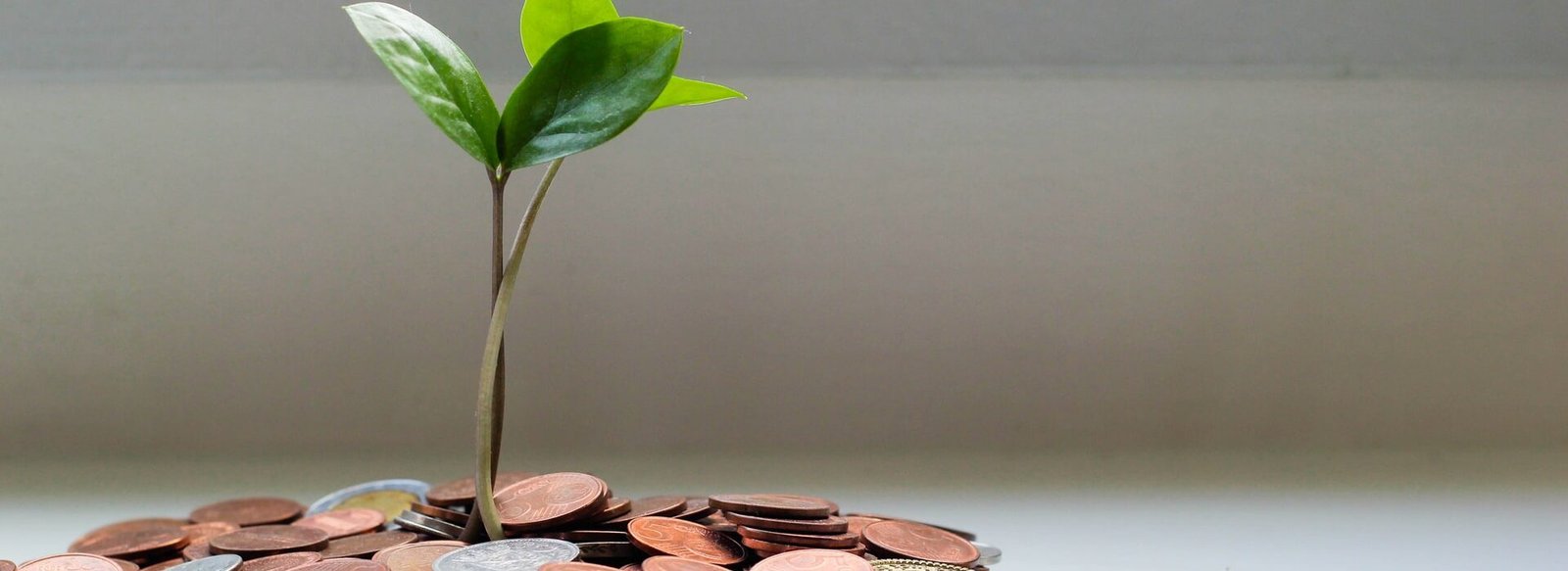Sustainability is the Environment with People
Sustainability addresses the environment and people together, with a goal of achieving harmony. We care about the environment, and we can respect the Deep Ecologists (read Arne Naess). But we want benefits for people too.
Every BEC Theme has a human element. This includes even the Theme of Habitat, under which humans work to ensure living space for plants and animals. Yet Habitat is more than environmental. It also benefits people’s mental and physical health (read “Your Brain on Nature”).
Consumer Culture
Many people in modern cities grew up in a consumer culture, in which a major life purpose was to buy things. People hooked into this culture may value their jobs more for income than for social worth. They can get into a cycle of buying new things, tiring of them, disposing of them, and replacing them with new products. This becomes a “throw-away” culture, which is not sustainable.
Older people, in these same cities, may have grown up with more sustainable habits. During past hard times they conserved whatever they could; wearing hand-me-down clothes, and saving everything that could be re-used. These older members of society have lessons of sustainability to share.
A second urban group, who could echo life lessons in sustainability, are migrants from poorer regions. They grew up knowing how to reuse water and many other materials.
The third group, who could teach us lessons in sustainability, are members of family farms in rural areas. They carefully manage resources, including soil and water, seeds and breeding stocks. For example, after threshing grain these farmers use the leftover straw as bedding for animals. Also they feed kitchen scraps to chickens, and compost left-overs to eliminate waste.

Chickens eating kitchen scraps. Photo: Chatnarin Pramnapan on Unsplash
The antidote to a consumer culture is a culture of sustainability, in which people learn to think and act sustainably. As just noted, many of the ideas needed for this culture already exist in the minds of: older citizens, migrants from poorer regions and members of family farms.
Population
Humanity has made great strides in addressing environmental issues. For example, 150 years ago, the River Thames in London, England was so polluted it resembled a giant sewer and could not supply fresh water to the population. But environmental measures, especially in the past 50 years, have made it very much cleaner.
Also economic productivity (amount of resources needed for a unit of production) continues to increase. This does help conserve resources.
Yet world population has grown faster than economic productivity, so more resources are still being used. This overwhelms the capacity of the Biosphere to provide those resources, or to absorb the waste their use generates. December 1971 was a crossroads. Since then, humans consume more resources than the planet’s biocapacity can produce.
The good news is that this imbalance can be corrected. A Culture of Sustainability can reduce both pollution and consumptions of the Earth’s resources. Embracing all sectors of society, this culture will provide the cohesion needed for ambitious targets (such as zero waste). This can more than compensate for the pressures of population increase. A Culture of Sustainability will drive key sectors of society to focus on living and working within the limits of the Biosphere.
Technology
Technology has grown most rapidly in the past 100 years. Combined with the forces of science and organization, technology has had great impact on nature. So much, that it is now even changing the Biosphere (see the Biosphere and Us on the Homepage).
But technology is not a curse. It is a tool that needs to be used properly. In fact technology Is producing new techniques for sustainability (e.g. energy recovery systems, wastewater cleaning, carbon capture etc.).
By itself, though, technology is not a cure either. It exists in a cultural realm, and culture can determine how it is applied. When average people value sustainability, this will encourage government, investors and businesses to fund and apply beneficial technology. Development and use of sustainable technology relates directly to growth of a Culture of Sustainability.
Making a personal difference
The need for sustainability, at the global level, appears to be very large.
Some people may think they cannot make a difference. But when they connect to others (see Tools in the BEC Model) they can experience how collective action can make a difference. They can see the results of their efforts and experience success. These are great motivators.

